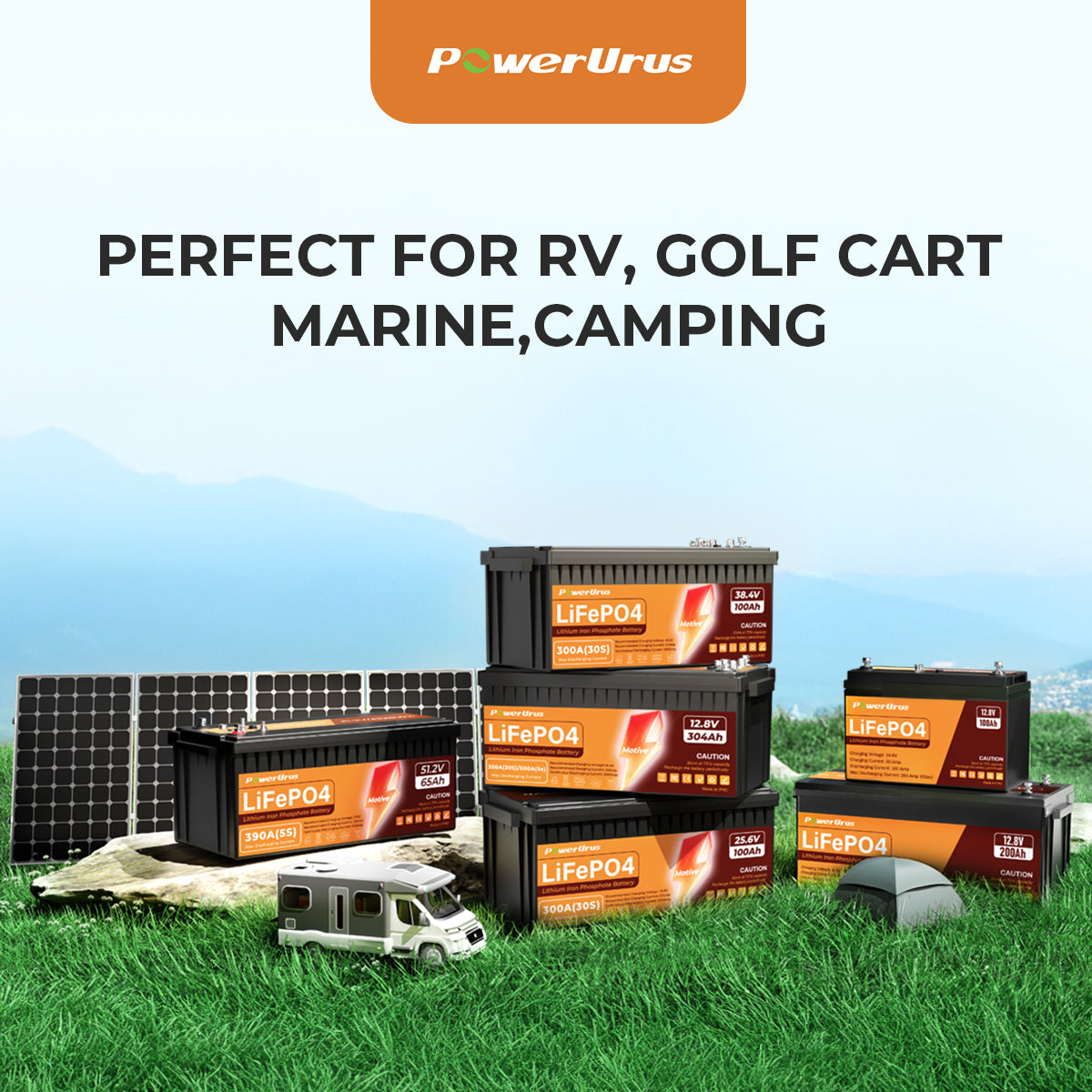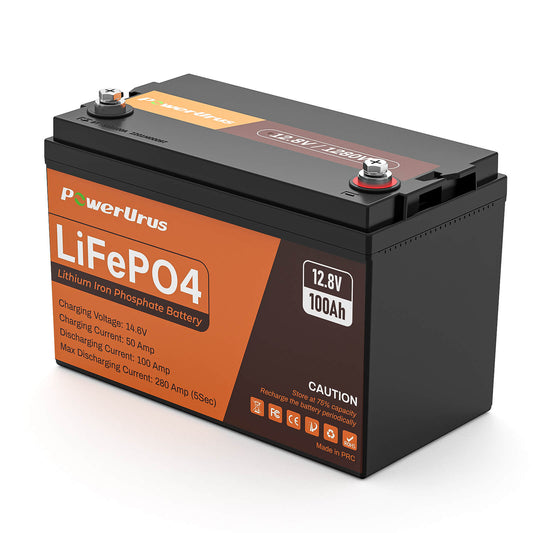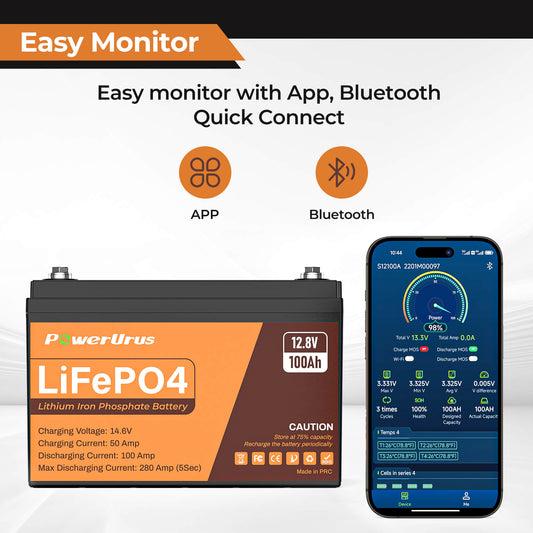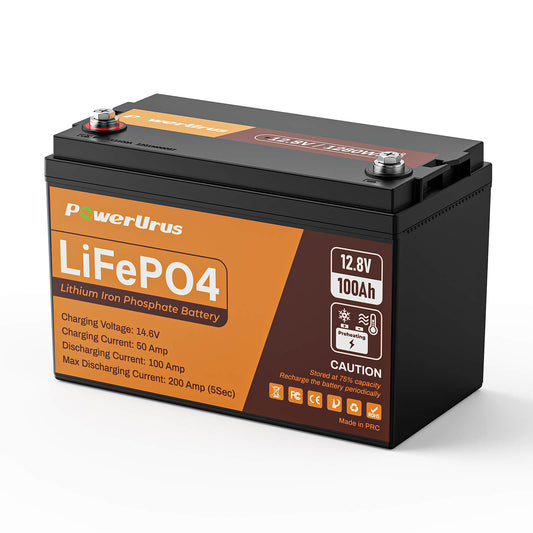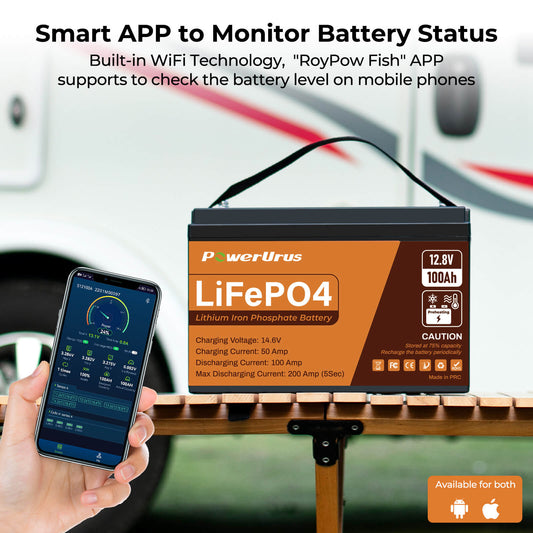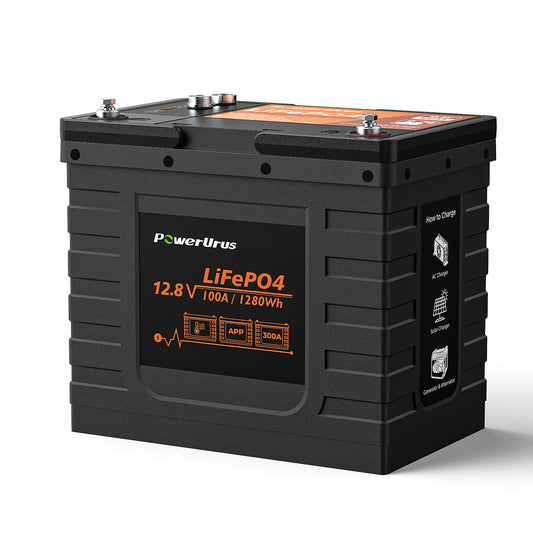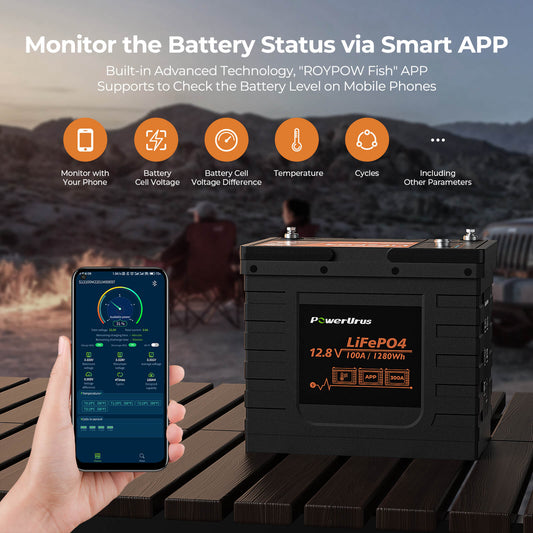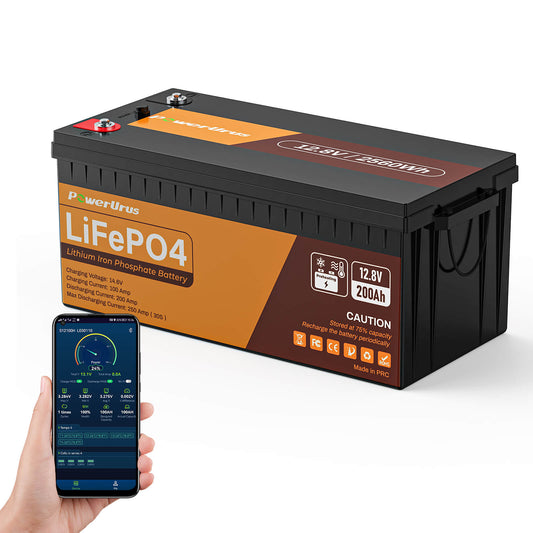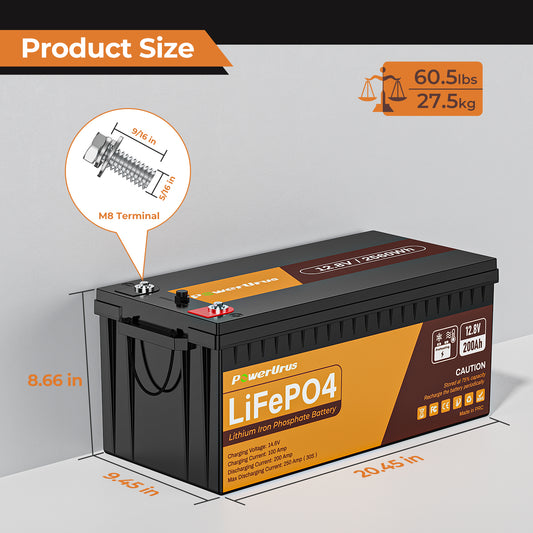How to Choose the Right Self-Heating LFP Battery: Home, RV, and Industrial Use
Self-Heating LFP Batteries for Extreme Conditions: Applications in Cold Climates
Self-Heating Lithium Iron Phosphate Batteries: Breaking the Cold Weather Limitation in Renewable Energy
LiFePO4 vs. Lead-Acid Batteries: Which Is Best for Your Camping Adventures?
From tents to trucks: portable lithium batteries for every camping style
Safety First: Why Lithium Iron Phosphate Batteries Are Safer for Family Camping
Safety First: Understanding the Built-In Protection Features of LiFePO4 Batteries for Campers

